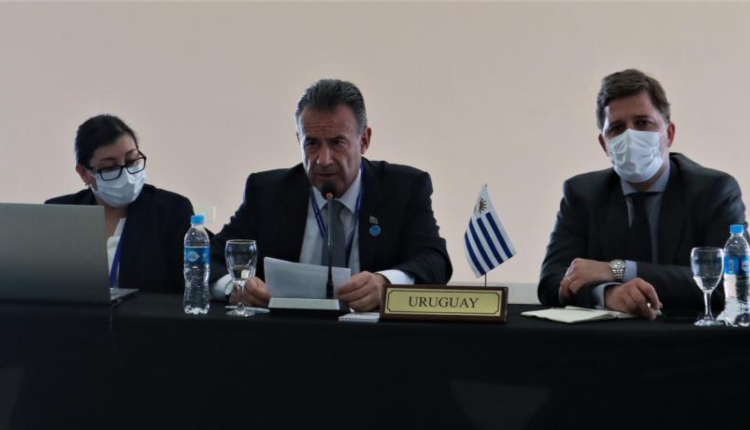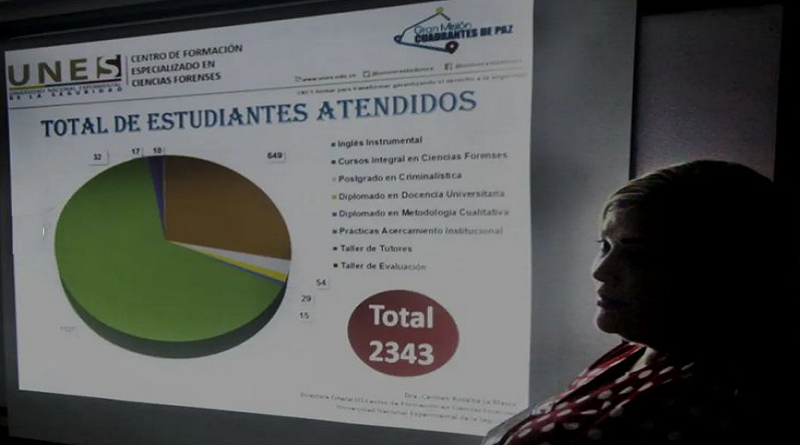Uruguay participated in the 50th Meeting of Mercosur Ministers, which was held in person on the morning of Friday, July 1, in the city of Luque, Paraguay. This instance convened authorities from the bloc’s ministries of health: Uruguay, Argentina, Brazil, and Paraguay, with their technical teams and PAHO/WHO representatives, and representatives from the Associated States of Chile and Peru. During the activity, Uruguay assumed the pro tempore Presidency of Mercosur for the second time, led by the Minister of Health, Daniel Salinas, in a scenario still hit by the impact of the Covid-19 pandemic.
The meeting was framed in the results of the exchanges of experiences and lessons learned by the countries of the block and that have led to important achievements such as its position in the World Health Organization (WHO). This highlights the priority needs in order to reduce the asymmetries deepened by the Covid-19 pandemic in the region.
Salinas’s speech as representative of Uruguay and who will hold the bloc’s presidency for the next six months, focused on the importance of continuing to strengthen strategies and actions aimed at mitigating the effects of the pandemic, consolidating international cooperation and continuing projecting Mercosur as a block in the international arena.
Mental health and borders
At the same time, he highlighted as priorities to work on the approach to health at borders; the strengthening of tobacco control policies; the promotion of the transformations of healthy, sustainable and equitable food systems that guarantee the food and nutritional security of the population; the negotiation of high-priced medicines and the expansion of the regional productive capacity of immunological medicines and health technologies.
The Minister raised the need to put on the agenda mental health, the prevention of violent deaths linked to traffic accidents, the investigation, diagnosis and treatment of infectious pathologies such as HIV-AIDS, tuberculosis, malaria, dengue, zika and cerebrovascular attacks.
International cooperation
Like his peers, the minister was emphatic about the importance of establishing coordination and collaboration mechanisms in international cooperation. For this, he explained, it is important to keep in mind the technological, technical and research capacities, which provide a critical mass of knowledge, to consolidate a fruitful exchange of good practices and lessons learned with the aim of strengthening the bloc’s skills and capacities.
Minister Salinas closed his presentation with the commitment to continue working in order to strengthen the position that Mercosur has achieved in the field of international organizations, especially in the World Health Organization.







